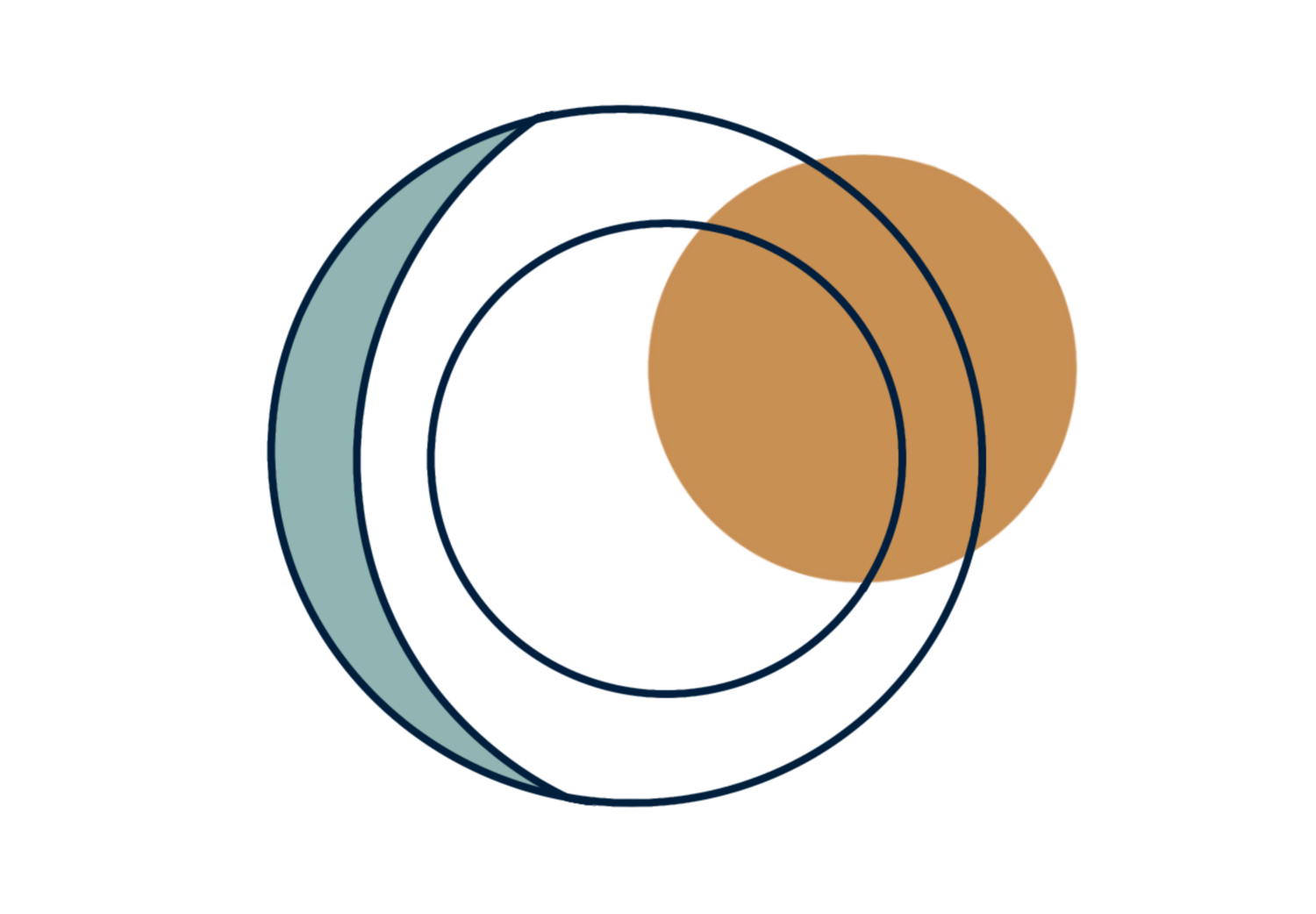‘Americans For The Arts’ Convention Shapes New POVA Program
A couple months ago I was invited to attend the Americans for the Arts Convention in Nashville, TN with the opportunity to write about it on our Poverty & the Arts blog. While I’ve been to other conferences and workshops around Nashville, this was my first nationally led arts conference. The information was staggering. As many of my colleagues in the arts community have already experienced, the transformative capacity of the arts seems obvious. However, I never realized the extent of evidence, case studies, data, and statistics that the Americans for the Arts organization has been compiling over the years. The evidence-based research that highlights the benefits of the arts is overwhelming.
While the arts-based research continued to romance me throughout the conference, it was an arts activist by the name of Favianna Rodriquez that really began to shape the way I view the arts. “Art is essential to social change. It’s not on the peripheral,” Favianna Rodriquez opened during our “Advocating and Empowering through Culture” session. Favianna discussed the ways that narratives shape our understanding of the world, of ourselves, and typically influence how we treat others. The narratives told to us when we’re young root themselves deep into our consciousness. For Favianna Rodriquez, the narratives told about her Latino community destroyed their lives. Favianna suggested that the role of the artist is to begin retelling the narrative of people and ideas to promote social justice and ultimately to fight for a better world. Artists have the chance to retell the narratives told to us about all types of people: whether they be gay, black, migrants, feminists, poor, or any other marginalized/oppressed people group. Retelling narratives is not only important for the greater community at-large by promoting understanding and compassion, but also for the young people whose identities are being told to them through the destructive narratives.
Art becomes a conduit for social change in many different ways. For some, it gives people a voice to feel empowered. Favianna described how art gave her a language to articulate how she was feeling. For others, art facilitates conversation. As Favianna so beautiful said, “Behavior change doesn’t happen with plans, it happens with conversation.” Artists can also challenge stereotypes and old representations. Partnering art with social justice is not just about programming. It’s about building structural systems and institutions so change can be sustainable. We need the artists and creatives influencing policymakers. We need the arts to begin to create a space of equality for our entire community. We need to adjust our values framework. It’s not just about the quality of art, it’s about its impact. For Poverty & the arts—this means a lot. From the beginning, we have strived to retell the narratives about our homeless community through the arts. We hope to give people a chance to see the creativity and talent that saturates our homeless community, as well as an opportunity to engage in meaningful conversation that often dismantles the destructive stereotypes that trap them in poverty.
However, Favianna inspired a new direction in which Poverty & the Arts will be incorporating this fall. “We cannot disconnect ourselves from policy.” Favianna urged. As an activist, it’s pretty easy to get discouraged when you take a look at the political landscape. Billionaires fund Washington and disgusting narratives are told about anyone standing in their way. You know—like how poor people are just lazy.
But as Favianna shared her stories of success, something inside me ignited. Programming is not enough.
So this next year, we will be partnering with Nashville’s housing campaign How’s Nashville. Oftentimes, once people get into housing there is still a lack of meaning, purpose, or community in the individuals’ lives. This results in either going back to the streets, unhappiness, and even suicide.
We will be recruiting volunteers/mentors to teach creative classes/ lessons to the individuals in the program receiving housing. This will give the participants in the housing program:
1. An opportunity to pursue a creative outlet
2. An opportunity to become integrated back into the community by becoming connected with community creatives and arts organizations.
This is just the first step of partnering with what the housing activists are already doing in Nashville. We hope to be an extension and complement all of the really hard working homeless advocates and workers in the community. I am so thankful for the opportunity to have learned and listened to many of the leading minds in the arts community at the Americans for the Arts convention. I hope that the tools bestowed to me throughout the conference become an active part of the community. Stay tuned for details regarding our newest program!
-Founder and Executive Director, Nicole Brandt

